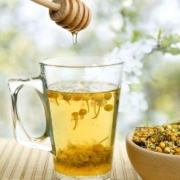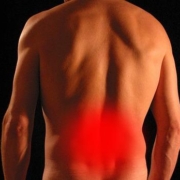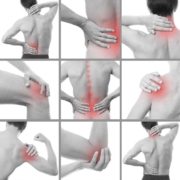Active Aging: Maintaining MSK Health in Your Golden Years
staying active and enjoying life is what everyone wants,especially as we age. But sometimes, aches, pains, and stiffness can get in the way. These issues often stem from changes in our musculoskeletal (MSK) system – the bones, muscles, joints, and tendons that support our bodies. taking care of your MSK health is key to maintaining independence and enjoying your golden years to the fullest. This article will provide you with actionable steps to keep your MSK system strong and healthy.
Understanding Age-Related MSK changes
As we age, our bodies naturally change. Bones can become less dense, making them more prone to fractures.Cartilage, the cushion between our joints, can wear down, leading to stiffness and pain. Muscles can lose strength and flexibility, making everyday activities more challenging. These changes are a normal part of aging, but we can take steps to slow them down and minimize their impact.
Preventing Common MSK issues
Several common MSK problems can affect older adults. Let’s explore how to prevent them:
1. Osteoporosis (Weak Bones):
Calcium and Vitamin D: These nutrients are essential for strong bones. Talk to your doctor about supplements if you’re not getting enough from your diet. Good food sources include dairy products,leafy greens,and fortified cereals.
Weight-Bearing Exercise: Activities like walking, jogging, and dancing help build bone density. Aim for at least 30 minutes most days of the week.
Quit Smoking: Smoking weakens bones and increases your risk of fractures.
Limit Alcohol: Excessive alcohol consumption can also negatively impact bone health.
2. Osteoarthritis (Joint Pain):
Maintain a Healthy Weight: Extra weight puts stress on your joints, especially your knees and hips. Losing even a small amount of weight can make a big difference.
Low-Impact Exercise: Activities like swimming, cycling, and water aerobics are gentle on your joints while still providing important exercise.
Strengthening Exercises: Strong muscles support your joints. Focus on exercises that target the muscles around your knees,hips,and back.
Proper Footwear: Supportive shoes with good cushioning can help reduce joint stress.
3. Muscle Loss (Sarcopenia):
Strength Training: Lifting weights or using resistance bands helps build and maintain muscle mass. Start slowly and gradually increase the weight or resistance.
Eat Enough Protein: Protein is crucial for muscle growth and repair. Include protein-rich foods like lean meats, fish, eggs, beans, and lentils in your diet.
Stay Hydrated: Drinking enough water is important for overall health, including muscle function.
4. Falls and Fractures:
Improve Balance: Exercises like Tai Chi and Yoga can improve balance and coordination,reducing your risk of falls.
Home Safety: Remove tripping hazards like loose rugs and clutter. Install grab bars in the bathroom and ensure adequate lighting.
Regular Eye Exams: Vision problems can increase your risk of falls.
Review Medications: Some medications can cause dizziness or drowsiness, increasing fall risk. Talk to your doctor about any concerns.
Staying Active and Self-reliant
Maintaining MSK health is about more than just preventing problems. It’s about staying active and enjoying life. Here are some additional tips:
Listen to Your Body: Pay attention to pain signals and rest when needed.
Warm Up Before Exercise: Prepare your muscles for activity with gentle stretches or light cardio.
Cool Down After Exercise: Gentle stretching after exercise helps improve flexibility and prevent muscle soreness.
Stay Flexible: Regular stretching can improve your range of motion and make everyday activities easier.
Consult a Professional: Talk to your doctor or a physical therapist if you have any concerns about your MSK health or need help developing a safe and effective exercise program.
Taking Charge of Your MSK Health
Taking care of your MSK health is an investment in your future. By following these tips, you can reduce your risk of developing common MSK problems, maintain your independence, and enjoy a more active and fulfilling life in your golden years. For more information on MSK health and aging, visit the National Institute on Aging (NIA) and the American Academy of Orthopaedic Surgeons (AAOS) websites.









